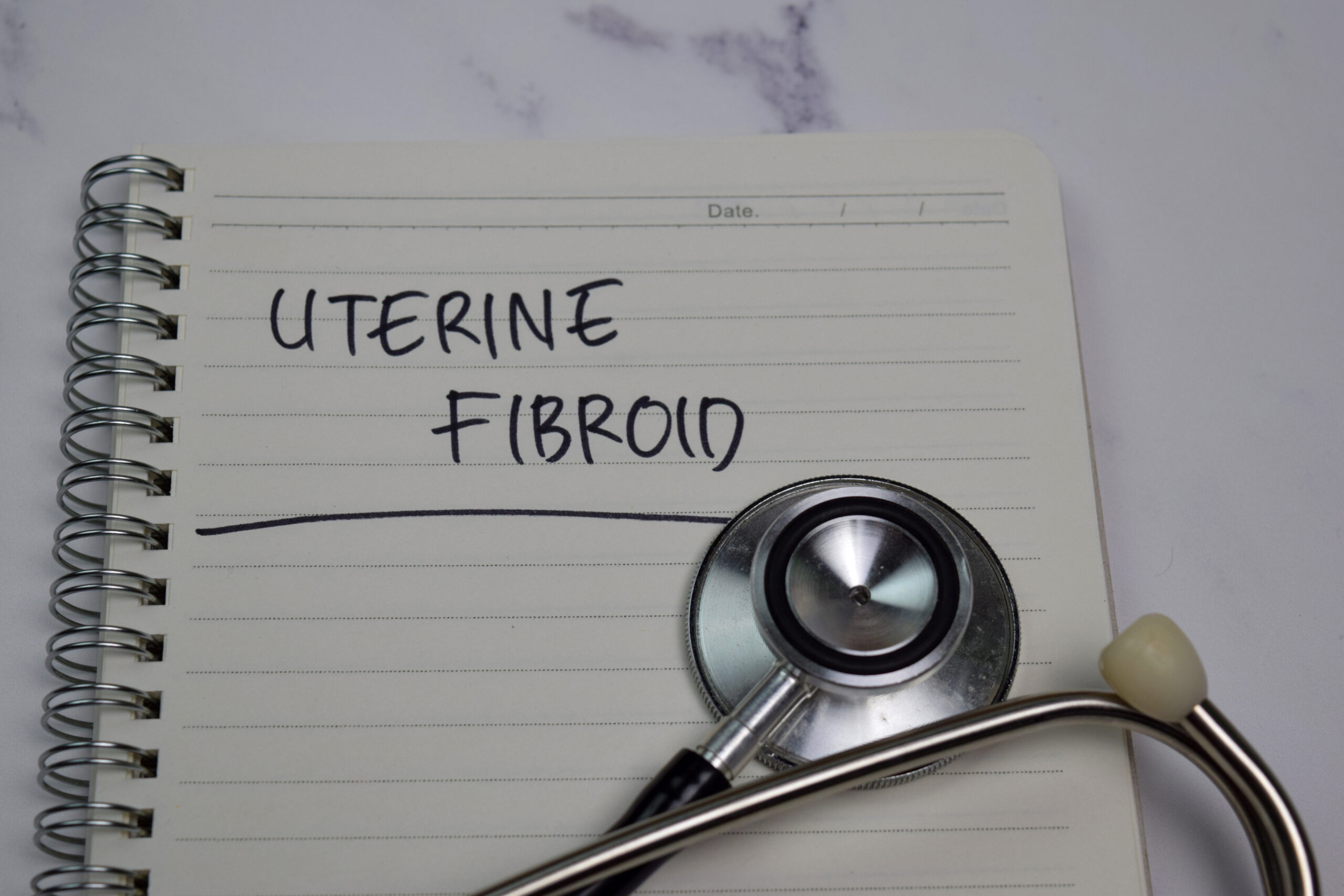Uterine fibroids are non-cancerous growths that develop in or on the uterus. Though many women experience no symptoms, fibroids can cause various health issues depending on their size, location, and number.
1. What Are Uterine Fibroids?
Uterine fibroids are benign tumors made of smooth muscle and fibrous tissue that grow in or around the uterus. They can vary in size, from tiny seedlings to large masses that distort the shape of the uterus. Fibroids are quite common, with up to 70-80% of women experiencing them by the time they reach the age of 50. While most fibroids don’t cause symptoms, some can lead to complications that require treatment.
2. Symptoms of Uterine Fibroids
The symptoms of uterine fibroids depend on their size, location, and how they interact with surrounding tissues. Common symptoms include heavy menstrual bleeding, long periods, pelvic pain or pressure, frequent urination, and back or leg pain. Some women may also experience pain during intercourse or notice a swollen abdomen. In more severe cases, fibroids can lead to fertility issues or complications during pregnancy, though these occurrences are rare.
3. Causes and Risk Factors
The exact cause of uterine fibroids is not fully understood, but several factors may contribute to their development. Genetics, hormonal imbalances, and environmental factors play a role. Estrogen and progesterone, two hormones that stimulate the growth of the uterine lining during the menstrual cycle, are believed to promote the growth of fibroids. Women who are overweight or obese, have a family history of fibroids, or are African American are at higher risk of developing them.
4. Diagnosing Uterine Fibroids
To diagnose uterine fibroids, a healthcare provider will typically start with a physical exam, followed by imaging tests such as an ultrasound, MRI, or hysteroscopy. These imaging methods allow the provider to assess the size, number, and location of the fibroids. In some cases, a biopsy or other tests may be performed to rule out other conditions that could cause similar symptoms.
5. Emotional and Psychological Impact
Dealing with uterine fibroids can be physically and emotionally challenging. The symptoms can impact a woman’s quality of life, leading to feelings of frustration or anxiety. It’s important to seek support, whether through counseling, support groups, or discussions with a healthcare provider, to help manage the emotional aspects of living with fibroids.
Uterine fibroids are a common condition, but they can be managed effectively with the right treatment. If you suspect you may have fibroids or are experiencing symptoms, don’t hesitate give us a call at 571-707-8522 today to schedule an appointment.





